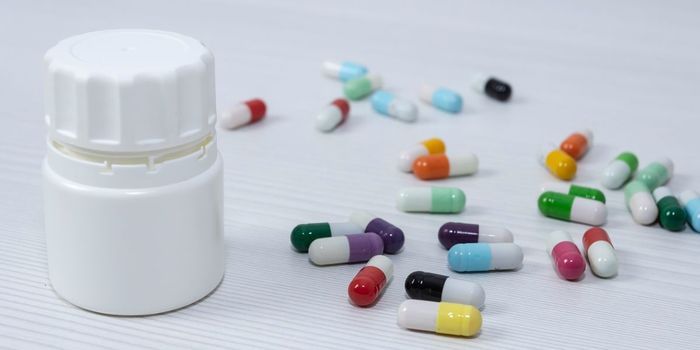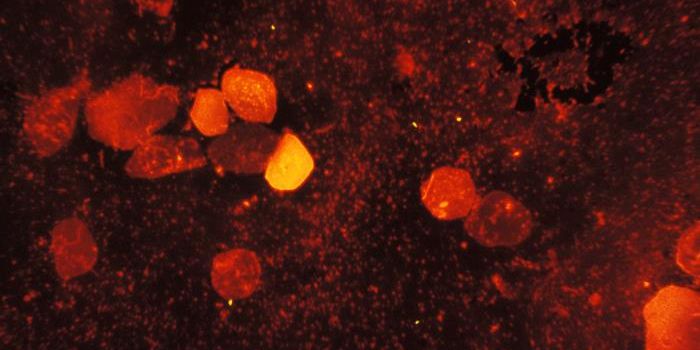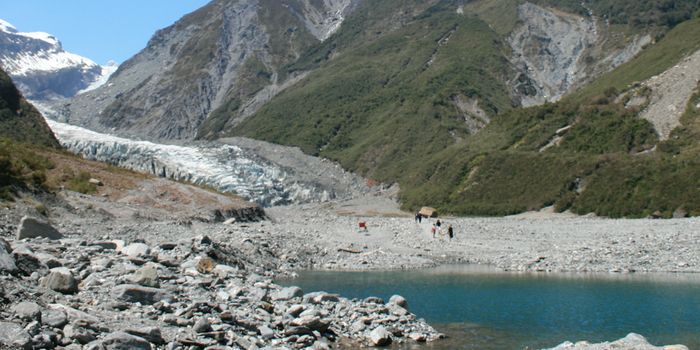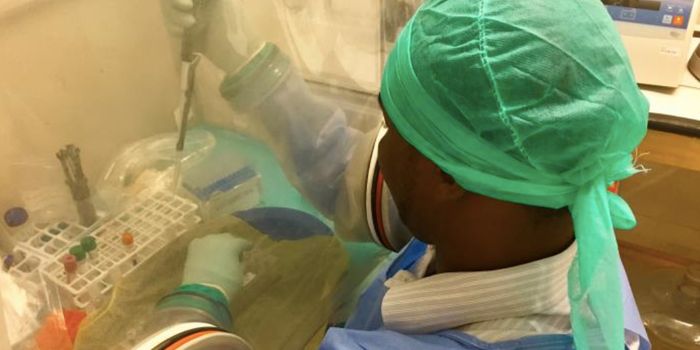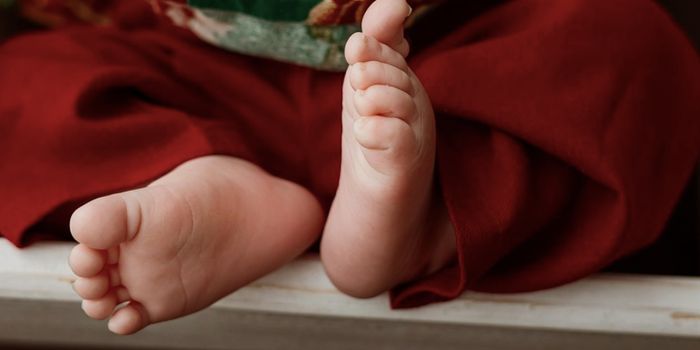Bile Acids Have Close Links to the Gut Microbiome
Bile acids are essential to digestion, by acting like a kind of detergent that breaks up fat molecules. Fat doesn't dissolve in water, but our digestive system is full of water, so the fat we consume must be broken down. Primary bile acids are generated in the liver and stored in the gallbladder. Secondary bile acids, however, are produced by gut microbes. They also have a few other functions, such as removing excess cholesterol from the body. Scientists have long known that bile acids link up, or conjugate with amino acids like taurine or glycine to optimize their function. Microbes have also recently been shown to modify bile acids with other amino acids.
Scientists then wanted to know more about an enzyme called bile salt hydrolase (BSH) that deconjugates, or breaks down bile acids. They determined that this enzyme can also work in the reverse direction, to generate a variety of bile acids that are conjugated by microbes. Bacteria were also found to be able to produce the same type of bile acids that are made by human cells.
In an inspiring example of scientific collaboration, two different research groups who were studying this phenomenon opted to work together instead of submitting competing papers. Their similar findings were brought together by a shared connection in Professor Pieter Dorrestein of the University of California, San Diego who had heard from both labs of their discoveries, literally on the same day. The work has been published in two reports in Nature.
The investigators determined that the reverse activity of BSH can depend on the varied properties of different microbes. This modifies the function of the bile acids that are produced, explained Robert Quinn, an assistant professor at Michigan State University and corresponding author of one of the Nature reports.
"It's a sort of molecular mimicry that challenges scientific dogmas," said David Guzior, first study author of one of the Nature reports and a graduate candidate at MSU. If bile acids with unusual properties are found, the question becomes: is this happening because of some issue in a person, like a liver problem, or is it bacterial in nature, Guzior noted.
The two research groups began to investigate the functions of BSH. "The data was almost backwards," Quinn said. Data from the Quinn lab indicated that BSH had generated these molecules, while the Patterson lab inhibited the enzyme's activity and made these molecules disappear. "It was perfectly complementary," added Quinn.
The investigators also assessed fecal samples obtained from volunteers before and after they had undergone bariatric surgery. An analysis showed that after the surgery, there were fewer microbially modified bile acids compared to before the surgery. This suggests that when the physiology of the gut changes, bile acids are altered.
Now the scientists want to pursue the many questions raised by these findings. For example, it may be possible to promote the production of healthy, beneficial bile acids by encouraging the growth of certain microbes. But much more research will be needed before we can learn how to do that in people.
"I'd say we're on the third step of a staircase that goes all the way to the 10th floor," Guzior said. "The possibilities are innumerable."
Sources: Michigan State University, Guzior et al Nature 2024, Bimal et al Nature 2024


